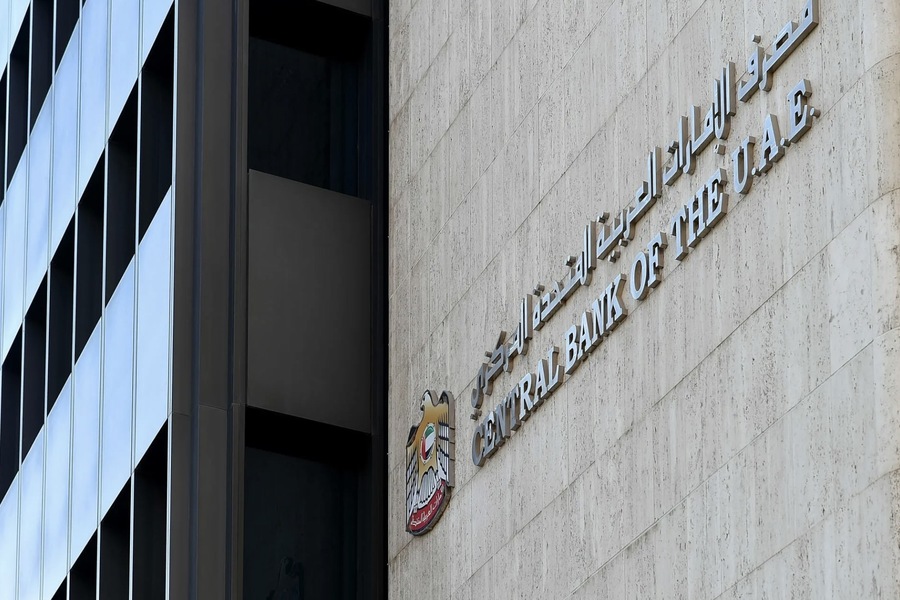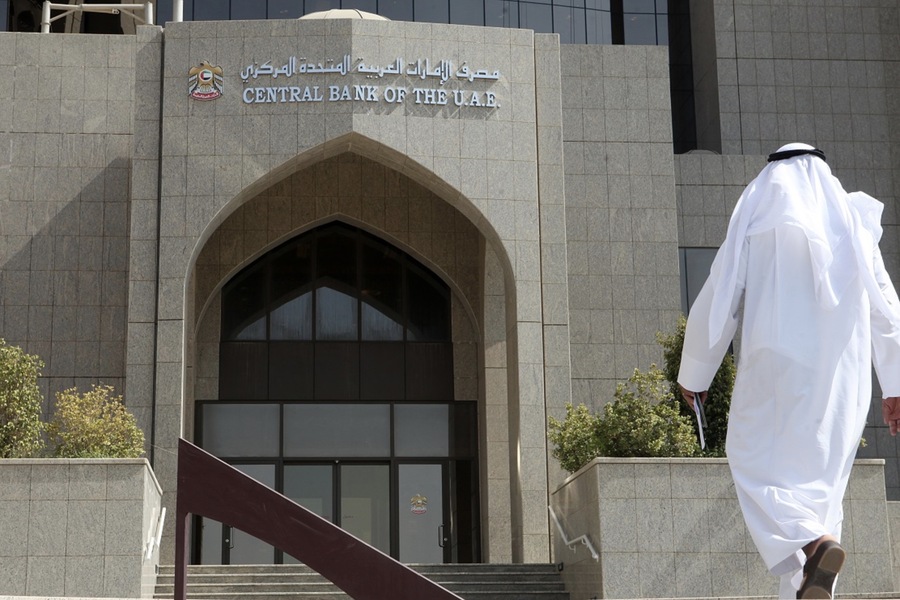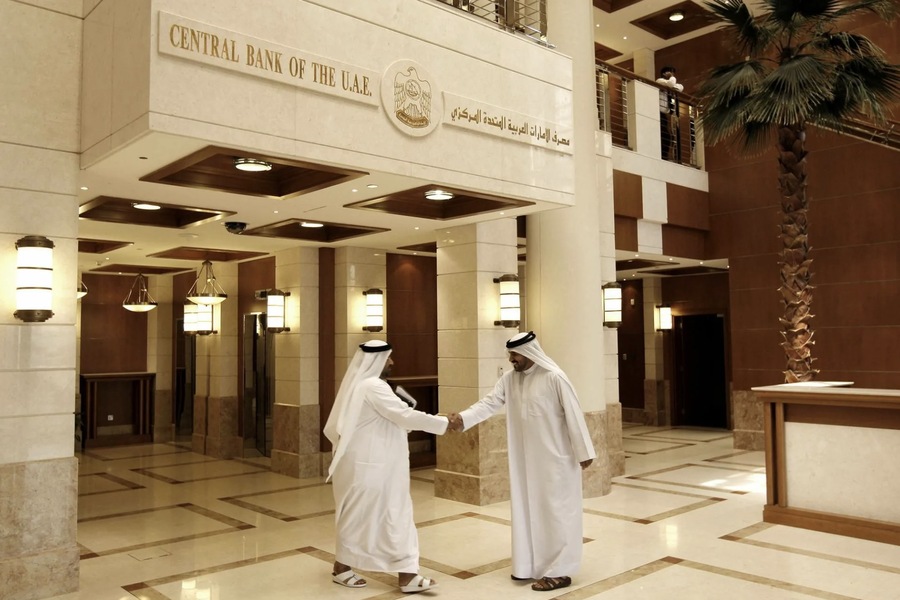Banking is a critical branch of economics that focuses on the operation and regulation of financial institutions. In the modern context, it involves the creation, control, and specific activities of financial institutions such as Liv Bank within various segments of the financial market. The essence of banking lies in the gradual accumulation, reliable storage, and increase of capital through asset and liability management, and the provision of savings, investment, and credit services.
Overview of Banking
Banking encompasses several key areas, including the organization of credit institutions, categories and structures of banks, and the pivotal role of central banks in a country’s payment system. A fundamental understanding of banking is crucial for those pursuing a profession in the financial sector, as it provides insights into the functioning of commercial banks and their role within the economic system.
The Central Bank of the UAE
The Central Bank of the United Arab Emirates (CBUAE) is the cornerstone of the country’s financial system. It is responsible for currency management, monetary policy, and the regulation of banking and insurance in the UAE.
Functions and Powers of the CBUAE
The CBUAE’s functions include:
– Issuance of National Currency: The Central Bank is responsible for issuing the UAE dirham, ensuring a stable and reliable national currency.
– Maintaining Currency Stability: Ensuring the stability of the currency both domestically and internationally, and guaranteeing its free convertibility into foreign currencies.
– Credit Policy: Implementing credit policies that foster balanced economic growth.
– Banking Activities: Organizing and promoting efficient banking activities while monitoring the UAE banking system’s overall health and effectiveness.
– Government Banking Services: Serving as the banker to the UAE government within the bounds of established laws.
– Advisory Role: Providing expert advice to the government on financial and monetary issues.
– Reserve Management: Maintaining and managing the country’s gold and foreign currency reserves.
– International Representation: Representing the UAE’s financial interests in global and regional financial institutions.
History of the CBUAE
The history of the CBUAE is rich and transformative:
– Pre-1959 Era: The princely states of what is now the UAE used the Indian rupee, issued by the Reserve Bank of India.
– 1959: Introduction of the Gulf rupee by the Reserve Bank of India, equivalent to the Indian rupee, to be used in the princely states.
– 1966: Devaluation of the Indian rupee led to the devaluation of the Gulf rupee. The princely states abandoned the Gulf rupee; Abu Dhabi adopted the Bahraini dinar, while others used the Saudi Arabian riyal.
– 1968: The Qatar and Dubai Riyal was introduced by the Qatar and Dubai Monetary Board to replace the Saudi riyal.
– 1973: Following the formation of the UAE, the UAE Currency Board was established by Law No. 2 to issue the UAE dirham.
– 1980: The UAE Currency Board was transformed into the Central Bank of the UAE by Law No. 10, solidifying its role in the national and international financial systems.

Banking Development in Dubai
Since the establishment of the UAE Central Bank in 1980, banking in Dubai has flourished. The city hosts both national and foreign banks, including conventional and Islamic banks. These banks offer a wide range of services such as deposits, loans, and investment accounts. Full banking services are available to UAE citizens and residents with residence permits, while non-residents have limited access, typically to savings accounts with high minimum balances or investment deposits.
National Banks
National banks in Dubai cater primarily to UAE citizens and residents, providing a comprehensive range of financial services. These include:
– Deposits: Offering various deposit accounts, including savings, current, and fixed deposits.
– Loans: Providing personal, auto, and home loans with competitive interest rates.
– Credit Services: Issuing credit cards with various benefits and rewards programs.
– Investment Services: Offering investment accounts and advisory services for wealth management.
Islamic Banks
Islamic banking, based on Sharia principles, has a significant presence in Dubai. These banks offer services compliant with Islamic law, which prohibits interest (riba) and promotes profit-sharing arrangements. Key services include:
– Murabaha: Cost-plus financing for purchasing goods.
– Ijara: Lease-to-own arrangements for property and equipment.
– Mudaraba: Profit-sharing investment accounts.
– Takaful: Islamic insurance services.
Foreign Banks
Foreign banks operating in Dubai bring international financial expertise and services, catering to the diverse expatriate population. These banks offer:
– Savings and Investment Accounts: Tailored to the needs of expatriates with competitive interest rates and investment options.
– International Banking Services: Facilitating international money transfers and global investment opportunities.
– Corporate Banking: Providing services to multinational corporations and businesses operating in Dubai.
The UAE Banking System
The UAE banking system is globally recognized for its reliability and stability. The Central Bank of the UAE plays an active role in enhancing the financial system’s stability and efficiency. Key indicators such as asset growth, funding, and capital adequacy ratios highlight the sector’s resilience and flexibility in adapting to global changes. The UAE’s banking system is well-positioned to support the country’s economic and social development goals.

Key Features of the UAE Banking System
Regulatory Framework
The regulatory framework governing the UAE banking sector is robust and transparent. The Central Bank sets and enforces regulations to ensure:
– Financial Stability: Policies and regulations aimed at maintaining a stable financial environment.
– Consumer Protection: Safeguarding the interests of consumers through strict compliance standards.
– Anti-Money Laundering (AML): Implementing stringent AML measures to prevent illegal financial activities.
– Corporate Governance: Ensuring banks adhere to high standards of corporate governance and ethical practices.
Financial Inclusion
The UAE banking system is committed to enhancing financial inclusion, ensuring that all segments of the population have access to banking services. Initiatives include:
– Digital Banking: Expanding digital banking services to reach underserved communities.
– Financial Literacy Programs: Educating the public on financial management and banking services.
– Microfinance: Providing small loans to support entrepreneurship and small businesses.
Future Outlook
The UAE banking sector is poised for continued growth and innovation. Key trends shaping the future include:
– Digital Transformation: Adoption of advanced technologies like artificial intelligence (AI), blockchain, and fintech solutions to enhance banking services.
– Sustainable Finance: Increasing focus on green finance and sustainable investment opportunities.
– Global Integration: Strengthening ties with international financial markets to position the UAE as a global financial hub.
Conclusion
In conclusion, the UAE banking sector is a vital component of the country’s economic infrastructure. With a robust regulatory framework, a forward-looking central bank, and a diverse array of banking services, the UAE continues to solidify its position as a major financial center. The sector’s adaptability and resilience are key to achieving the broader objectives of national development and prosperity.

Skier, follower of Christ, guitarist, Saul Bass fan and holistic designer. Producing at the junction of art and sustainability to craft meaningful ideas that endure. I prefer clear logic to decoration.
